Here is a list of positives and negatives factors of having an indoor or outdoor cat
Once you become a cat owner it is important to make an early decision on whether you’ll be keeping your feline companion indoors or letting it free to roam the outdoor world. Owners need to take into consideration their own lifestyle and their home’s surroundings, for your little friend’s long-term safety and happiness.
Indoor cats
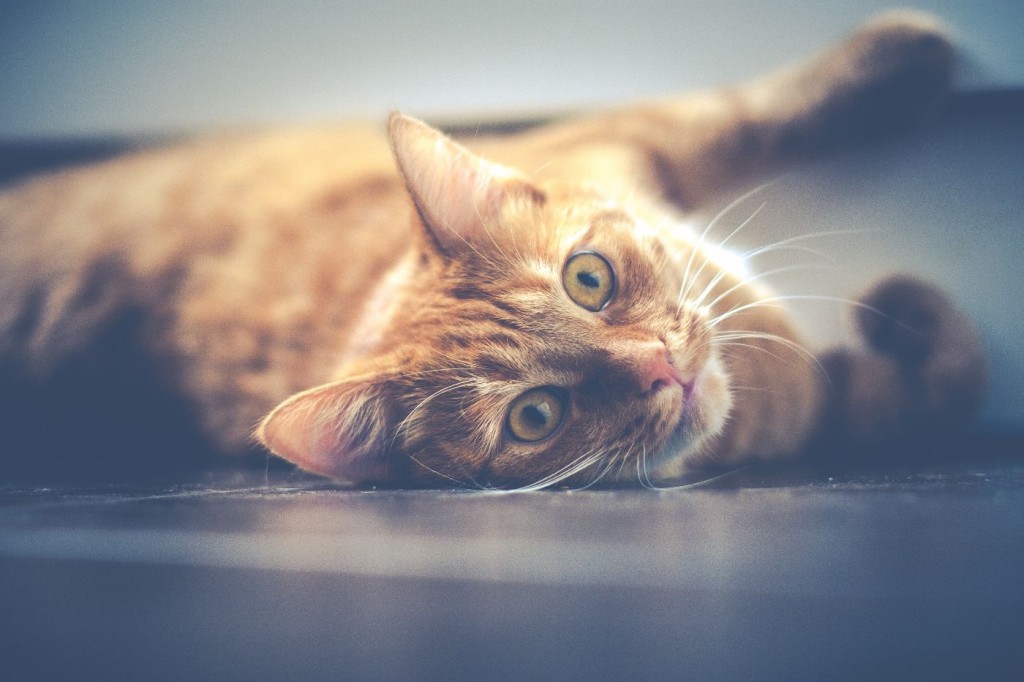
The positive side of having an indoor cat
- Cats tend to live a longer and healthier life if it stays indoors.
- Indoor cats are less likely to get into fights with other animals. This especially applies to female cats and cats of a smaller breed.
- It is very unlikely for your cat to encounter motor vehicles or other dangers, such as wild animals, or other cats.
- Your cat won’t contract any parasites, infectious disease or fatal illnesses, such as Feline Immunodeficiency Virus (FIV) or Feline leukemia virus (FeLV).
The negative side of having an indoor cat
- Keeping a cat indoors could increase their dependence on you for stimulation, which could also increase their level of stress when whenever they are left alone.
- For some cats it doesn’t matter if they have a proper environmental enrichment and scratching posts around the home, they can still be destructive to furniture.
- Your cat will need your help to get adequate exercise and maintain a healthy body condition which means lots of playtimes.
Outdoor cats
The positive side of having an outdoor cat
- The outdoors allows your cat to get an adequate physical and mental work out.
- Your outdoor cat can keep unwanted rodents at bay. Every time a cat is in hunting mode, their brains release endorphins, also known as ‘happy hormones.’
- Going outdoors gives your pet an opportunity to escape from the household if necessary. For instance, there are occasions when cats need personal space and the ability to escape from anything that they perceive as stressful, or a threat. This could include a conflict with other cats or other pets in the household, building work in the home, or unfamiliar visitors in the house.
- An outdoor cat that is frequently exposed to strangers increases trust and allows them to form bonds quicker with new house guests and other pets.
The negative side of having an outdoor cat
- It’s likely for your pet to pick up parasites such as ticks, fleas and a range of internal worms. You’ll frequently need to be vigilant of any their scratching and of where they relax within the home to check for unwelcome visitors. Even with a flea collar, without treating the environment, it can be difficult to keep fleas off of your cat.
- Outdoor cats require additional healthcare and vaccines to protect against infectious diseases and fatal illnesses. These can be pass through direct contact with other cats, through sexual intercourse, which is highly contagious and fatal.
- There is a risk of outdoor poisons. The common poisons that cats can come into contact with include slug pellets, garden chemicals, antifreeze and rodent control poisons, including eating poisoned prey.
- There’s a possibility your friend could go missing.
If you are still not sure whether to let your new friend be an indoor or outdoor cat, you can always ask your vet for more advice.

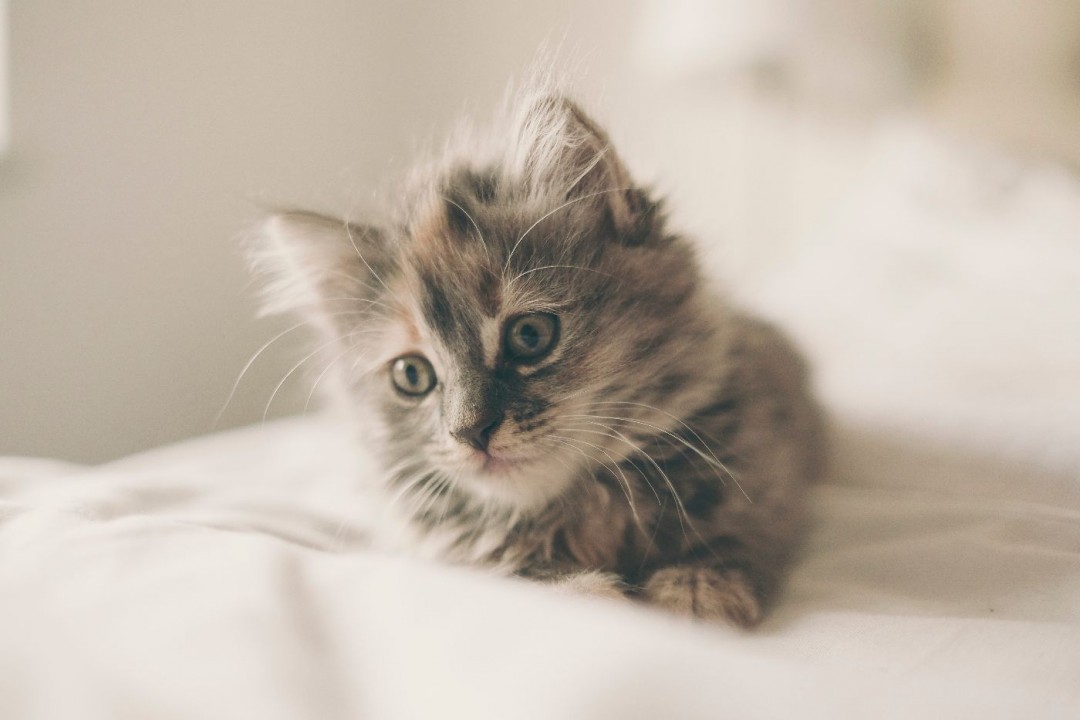
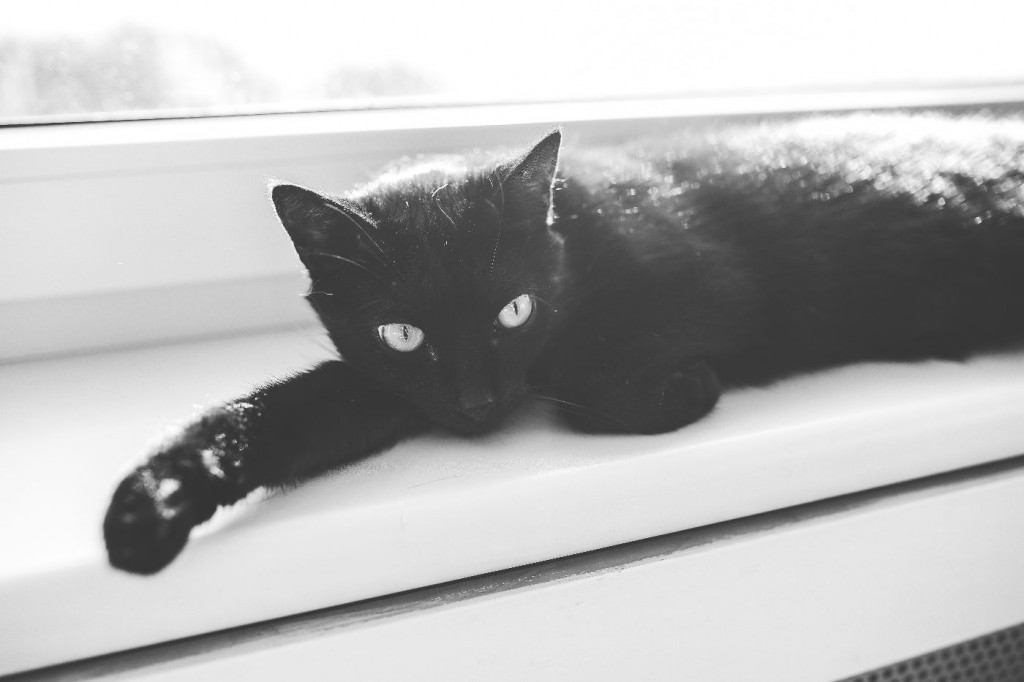
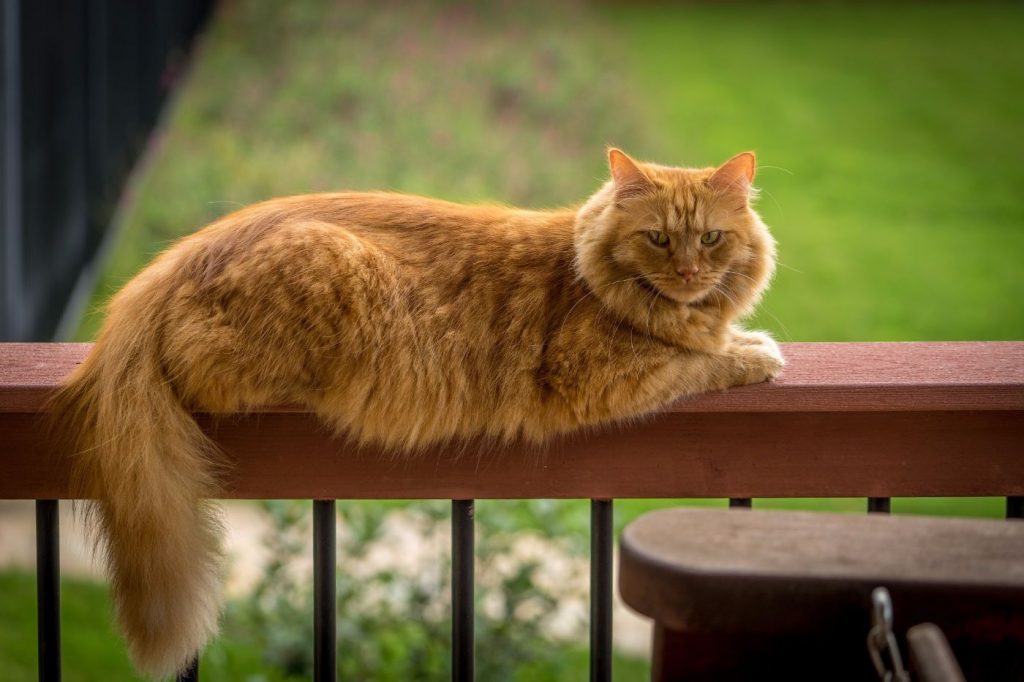
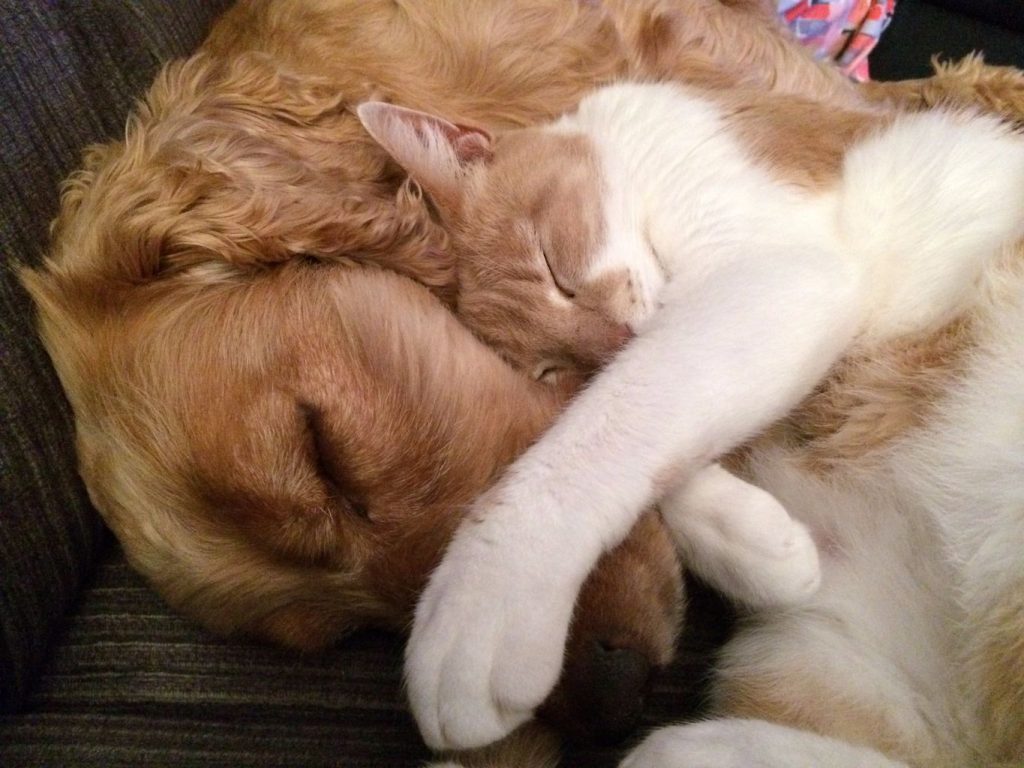


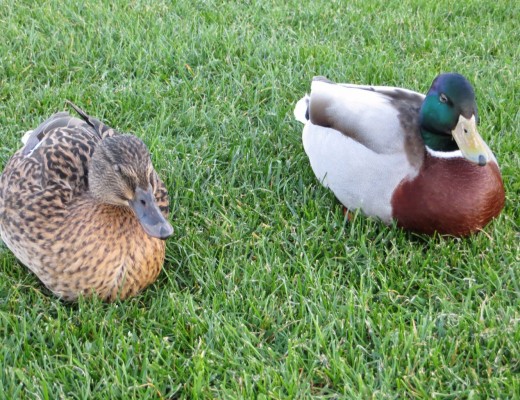
No Comments